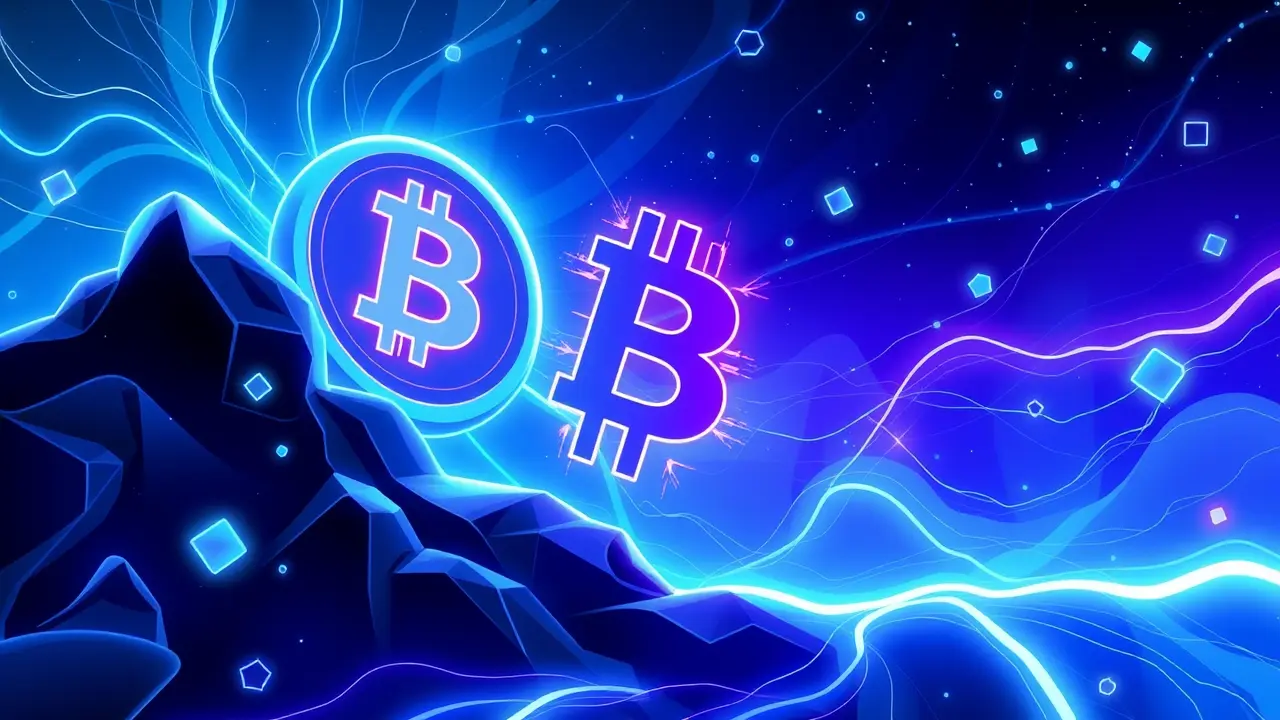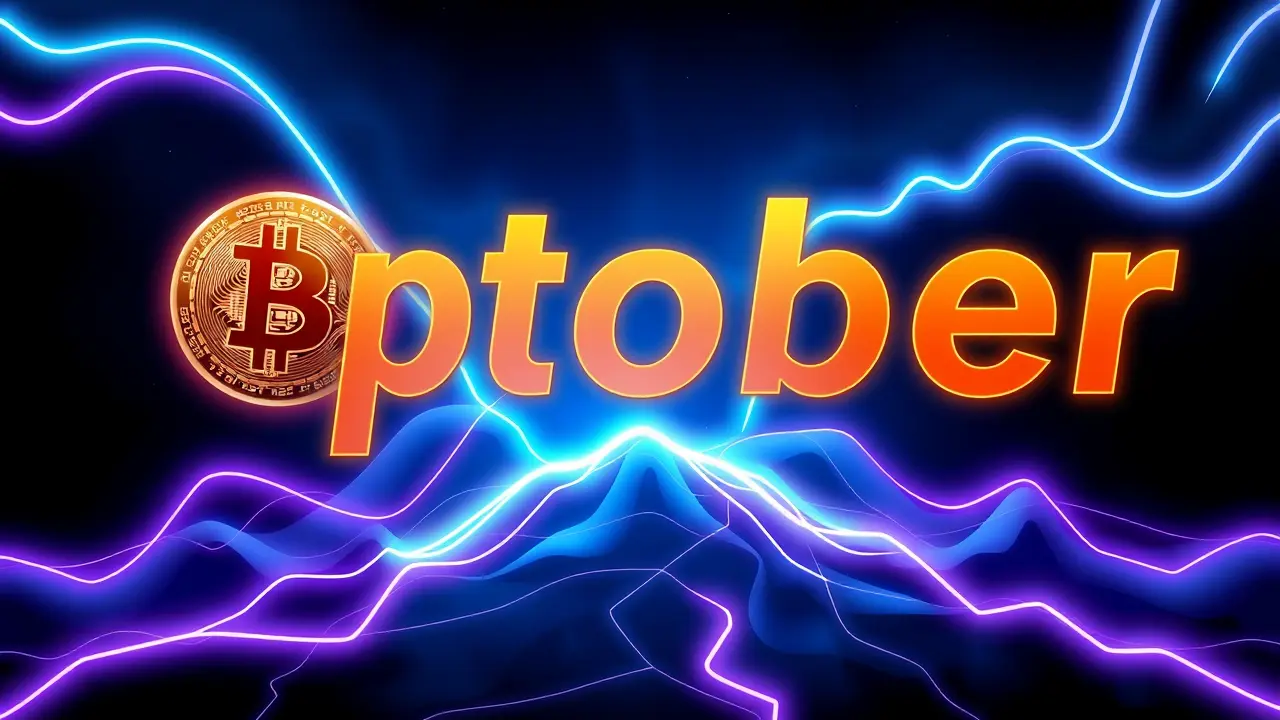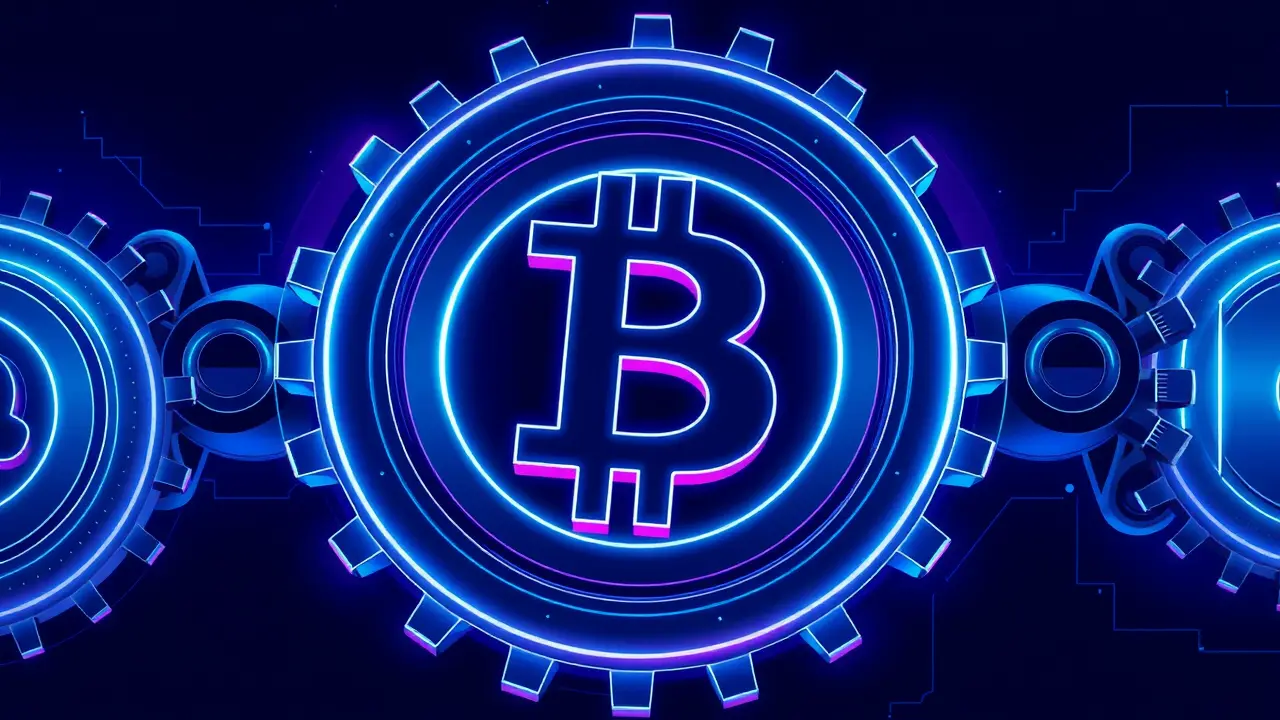- News
- crypto
- Ether.fi DAO proposes $50 million ETHFI buyback as DeFi’s repurchase wave tops $1.4 billion

Hottest
CryptodefiGovernance and DAOs
Ether.fi DAO proposes $50 million ETHFI buyback as DeFi’s repurchase wave tops $1.4 billion
AL
Alice Morgan
3 days ago7 min read
The Ether. fi decentralized autonomous organization has thrown its hat into the burgeoning DeFi repurchase ring with a bold proposal to buy back $50 million worth of its native ETHFI token, a move that not only signals a profound maturation within decentralized finance governance but also propels the total value of token buybacks across the sector to a staggering $1.4 billion so far in 2025. This isn't merely a reactionary market maneuver; it's a deeply symbolic act of treasury management that echoes the strategic share repurchases of traditional corporate finance, yet is executed through the transparent, on-chain voting mechanisms that are the very heartbeat of a DAO.The proposal, now live for community debate and a subsequent vote by ETHFI stakers, represents a calculated bet on the protocol's long-term value, effectively using its own accumulated treasury assets—largely denominated in stablecoins and ETH—to signal unwavering confidence to its community and the broader market. This wave of buybacks, which includes recent, similarly ambitious programs from blue-chip DeFi lending protocol Aave and the NFT marketplace pioneer OpenSea, underscores a pivotal shift from the hyper-growth, emission-heavy models of DeFi's past toward a more sustainable, value-accrual focused future.It’s a narrative that Vitalik Buterin himself has often alluded to—the evolution of crypto-economics beyond mere liquidity mining and yield farming into sophisticated financial systems that can self-regulate, build intrinsic value, and reward long-term alignment. The mechanics are fascinating: should the vote pass, the DAO's treasury would systematically acquire ETHFI from the open market over a defined period, a process that reduces the circulating supply and, in theory, increases the scarcity and value of each remaining token for every stakeholder.This is governance in its purest form, where token holders aren't just passive investors but active stewards of the protocol's economic policy, debating the opportunity cost of deploying capital this way versus funding further development or marketing initiatives. The $1.4 billion figure itself is a thunderous declaration of DeFi's coming of age, a number that would have been unthinkable just two years ago when the industry was still reeling from the collapses of Terra and FTX. It speaks to a newfound fiscal discipline and a collective realization that for DeFi to truly challenge TradFi, its native assets must be backed by more than just speculative fervor; they must be underpinned by robust, revenue-generating protocols that are willing to put their capital where their smart contracts are.The Ether. fi proposal, in particular, is being closely watched as the liquid restaking token sector is one of the most innovative and competitive arenas in crypto today, and a successful buyback could set a powerful precedent for how LRT protocols manage their economic flywheels.Critics, of course, point to the potential for such programs to be seen as market manipulation or a short-term fix for poor token performance, but proponents argue this is a natural and healthy function of a mature digital asset ecosystem learning to leverage its own tools for sustainable growth. As the vote unfolds on the blockchain, it’s more than just $50 million at stake; it’s a test case for the financial sophistication of decentralized governance and a bold step in the ongoing journey to bridge the gap between the disruptive potential of smart contracts and the time-tested principles of value creation.
#etherfi
#dao
#buyback
#defi
#tokenomics
#ethereum
#hottest news
Stay Informed. Act Smarter.
Get weekly highlights, major headlines, and expert insights — then put your knowledge to work in our live prediction markets.
Related News
© 2025 Outpoll Service LTD. All rights reserved.













